Trolling for Dummies
Trolls in the social media space are being increasingly seen as a menace, akin to cyber bullys. Troll attacks have become an inevitable part of one's social media presence today and they can quickly progress from some harmless fun to something vicious and threatening. Adgully hosted a Twitter Panel yesterday (March 19, 2019) on the topic of Internet Trolls and their impact on communication in the web. Present for the discussions were panelists:
- Ankoor Dasguupta, VP - Brands, Marketing & Special Projects, SHEROES
- Chandni Shah, Co-Founder & COO, Social Kinnect
- Gurpreet Singh, Co-Founder & COO, One Digital Entertainment
- Nitin Bhatia, Managing Director - Social Media & New Markets, Meltwater
- Prajakta Koli, YouTuber & Social Media Influencer (MostlySane)
- Subhobroto Chakroborty, Founder, The Digital Fellow
Each panelist shared their own perspective on the Internet culture, especially troll culture, that pervades social media today. While there was some agreement, but most of the time no clear consensus emerged on many issues. But most importantly, they gave their insight on how to look at the issue of Trolling from the lens of a digital marketer.
When asked to define who a troll is, Subhobroto Chakroborty called them attention seekers. He said, "They typically want to provoke an emotional reaction" and added that a troll is someone "who is not mature, has half-baked knowledge and is trying to grab some eyeballs".
But as the evaluation was far too simplistic, the moderator argued that most of the time troll identities are hidden, so wouldn’t that beat the purpose of seeking attention?
While Chakroborty agreed to the statement, he added, “I have seen haters hire their friends and community to go and spread hate/ negative comments.”
Here, Ankoor Dasguupta pitched in, saying that trolls were sadistic as well. According to Dasguupta, there are two varieties of trolls - “Trolling for something which is a respectful opinion and not hurting sentiments. Trolling for killing time and hurting someone's sentiment. The second one is something I do not stand for. What I see is lack of respect in the troll culture.”
The best way to explain "What is Troll" is the Stats below I found in #statista #trollCulture
Anyone who has a purpose mentioned below can be broadly put under #trollers. pic.twitter.com/CJkXtS80Za
“However, many a times, someone being cognizant also becomes a troll as that person may not have any other channel to vent out,” noted Dasguupta.
Chandni Shah engaged the rest of the panelists with the question whether Indian trolls were any different from trolls around the world.
To this, Dasguupta responded, “Indian haters, as per my personal experience, have half-baked knowledge” and that makes their trolling less incisive.
“It’s the cultural difference,” felt Nitin Bhatia. “According to a recent survey, India is No. 2 globally when it comes to cyber bullying. One reason for this could be because the law abroad on nabbing trollers are far stricter than in India," he added.
Shah argued that it was perhaps because Indian trolling is deeply rooted in politics and trying to push forward political agenda.
Dasguupta pointed out a stark difference in politics of India and abroad, “In India, the political play offers a lot of scope for people to jump in. Like some incident on the road happens here, people will gather and start beating someone without even knowing the truth.”
Segueing from the difference between Indian trolls and trolls abroad, the moderator asked the pertinent question – Are Trolls taking over social media? How can we protect ourselves?
Bhatia responded by saying, “Representing a social listening company, it is my duty to explain what social media is. It is technically any website which allows common internet users to write their views in their ecosystem. Hence, trolls might have a minimal impact over popular new media, but taking over isn’t close."
There are multiple factors which incite anyone to troll; it is pretty much like a small community which might have any agenda - from fun, hatred, bullying, scaring, or culture - but again, more the reason, lesser the number of such trolls.
"Governments have been trying hard to draw the line here. Trolls/ trolling is like an epidemic - one initiates and the rest follow. Thus, controlling it is a concern. That is why fake news is one area that the government wants to start with. Unfortunately, targets have reported depression,” Bhatia added.
Meanwhile, Chakroborty spoke about how brands can leverage humour to protect themselves on the Internet. “Brands can choose to respond with kindness, with humour, by being witty, or making it lighter to avoid a negative rub-off. I was a victim of such hate review, I responded with a webcomic to fight it out."
Adding further, he reitrated, "Trolls are looking for attention, you can stop it by responding with logic, with knowledge, and with far better information. Don’t fight it with emotion as they want us to be emotionally reactive. I think how you choose to respond or ignore is more important; with more information and humour you can kill trolls fast.”
According to Chakroborty, companies should set policies to protect themselves from Trolling. “We can have our rules as web policies/ blog policies/ community policies and basically a community manager who do the admin work who filters out the trolls," he added.
At this point Twitter handle @YangChen joined the conversation, asking what could be the possible mechanisms to deter trolling. She cited the example of the British Royal Social Media Team.
The moderator opined that while policies can address the grievances of the person who gets trolled, they do not prevent trolling from happening in the first place.
Shah stressed that marketers must learn to deal with trolls. “Social media can be unpredictable, as everyone is entitled to an opinion. Trolls are a reality that we must come to terms with. As marketers, we need to learn how to live with them!” she added.
She further said, “Strong opinions actually make social media a more vibrant space, and should be celebrated. Brands now have to contend with a two-way street, and sometimes an opinion could be earned media for them. A brand should differentiate between virality for the sake of it, and going 'viral' because of truly good content.”
Prajakta Koli, YouTuber (Mostly Sane) & Social Media Influencer, disagreed with the sentiment that trolls are taking over social media. She opined, “Creators are taking over social media. Trolls are just an unwanted by-product of this equation.”
She added, “I personally am of the opinion that if you address baseless hate, you give it the validation that it clearly does not deserve. However, discarding criticism as hate is loss of valuable feedback. As ‘creators’, I think we just need to know criticism from hate.”
According to Gurpreet Singh, it was important to distinguish between people who have a strong opinion and trolls. “While trolls are just mere haters talking without any logic, it’s important for us to understand the difference between trolls and strong opinionated people having a difference point of view than others. The criticism backed with a logic is often at times confused with trolling.”
To the question, whether trolling could be leveraged to become an effective communication tool for a brand and whether it could be called Digital Activism, Shah replied that normally in an ideal scenario digital activism is well informed and well intentioned.
For Chakroborty, if a brand is not relevant or responsible anyone can react, but trolls are not accepted at all.
According to him, people are free to share their views, but it should not devolve to abusing. “Trolling is not a solution to protest, as memes are a far better option and memes are more associated with humour than abuse,” he added.
Agree. Humour is often the answer, and a brand that can deal with the vitriol with wit and ease (without getting touchy) is always commended by its consumers
Bhatia added here, “A deliberate troll created between two entities to create healthy humour is fun. Anything that isn’t offending anyone can remain relevant.”
However, on the matter of digital activism. There was a general consensus of opinion.
It’s not, it never will be. Trolling has no reasoning. It’s just pure hate and helps a few feed their egos behind anonymous handles.
Dasguupta said that “Trolling should not become bullying. It does have a scope to become relevant by ensuring to answer 2 questions: (a) Is it for a genuine cause to bring in a positive impact; and (b) The amount of emotion to be poured in.”
He added, “The thing is that trolling in itself seems to crop up from an irresponsible attribute in the mindset of the trollers and surprisingly, many people today seem to get a kick out of this.” While he agreed that humour is good, in his opinion “Silence may be the best medicine here. What do trollers want? They want a response to their created stimulus. That is their hedonism.”
Koli stated that Trolling as an effective communication tool is becoming less relevant by the day. “Our audiences are getting smarter every day and make conscious choices at consuming content that they like. And calling out trolls has become a common practise.” She disagreed strongly on the matter of digital activisim.
Activism is when you try to bring change. Activate change. Trolling brings no change. Makes no difference. It’s baseless and has no ambition. It’s driven by hatred.
However, Bhatia felt that troll marketing is a possibility if a brand takes the following into consideration.
#trollmarketing is a possibility if a brand #listens beyond the #brand on #socialmedia #understands the #category with #Statistics & then creates
Here are 2 slides from my latest PPT on #SmTrends2019 where I highlighted how #datadrivenCreativity will be taking over ads. #troll pic.twitter.com/RVyLJD6sJH
The moderator asked whether troll marketing meant to instigate, distort or flame?
Completely disagree with this, it is not true marketing. Marketing should thrive on content, and be proactive, not reactionary
At this point Ankoor Dasguupta directed an important question to his fellow panelists. "Does trolling stem from hate?"
Shah attacked the foundations of hate on social media. “I don't think any hatred on social media is legitimate. It stems from a lot of bored people, with a lot of time on their hands," she opined.
The moderator asked a key question, when does a troll start trending and what is the impact of trolling?
These 2 questions are inextricably intertwined - What do trolls impact the most? When does a troll start trending. Higher the impact (that is desired reaction to the stimulus) higher chances to trend.
And what does a troll want out of the brand or individual?- attention #Troll https://t.co/k6nXCxs8v1





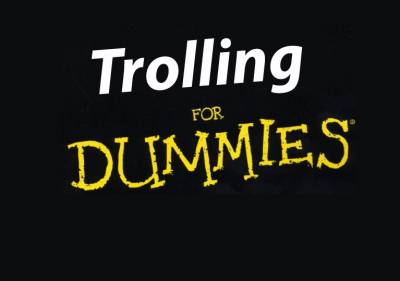
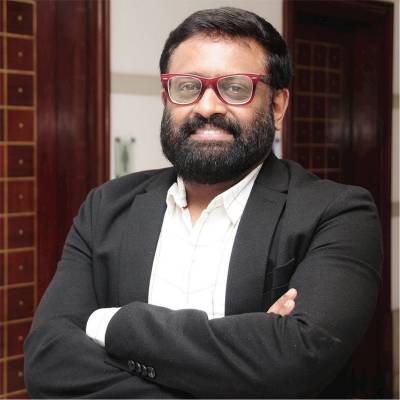
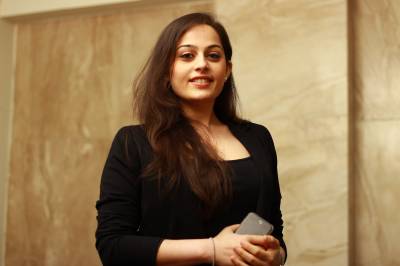
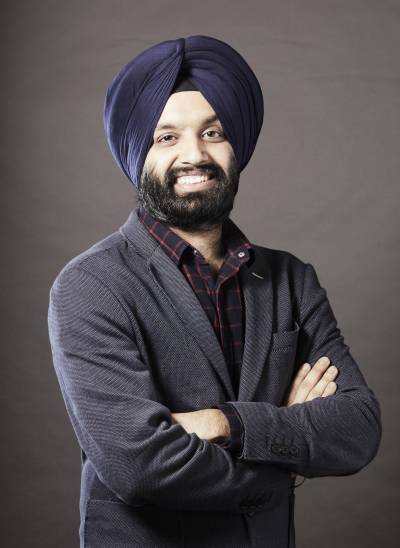

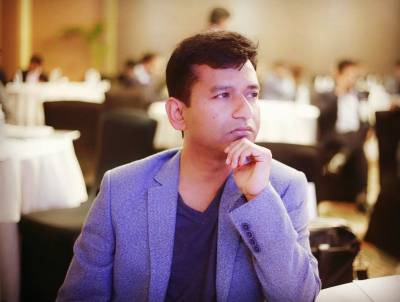
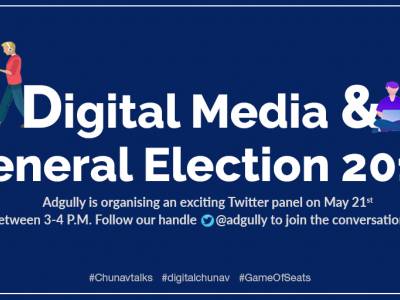
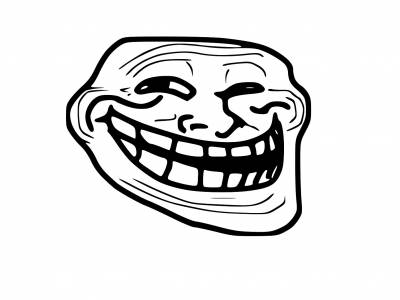


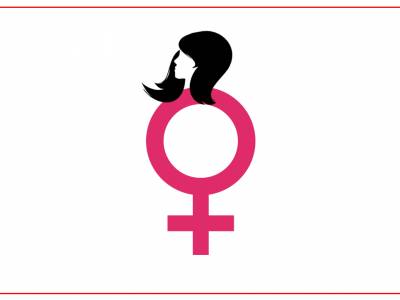
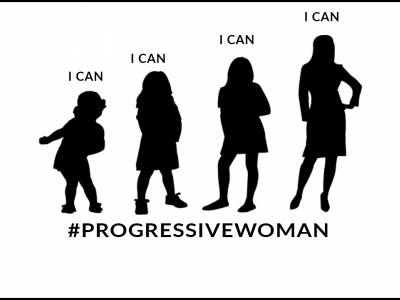
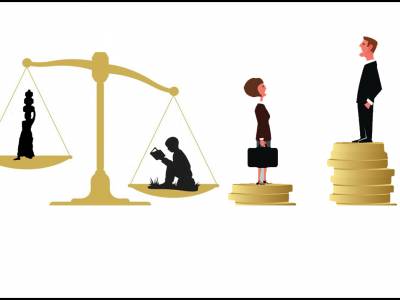
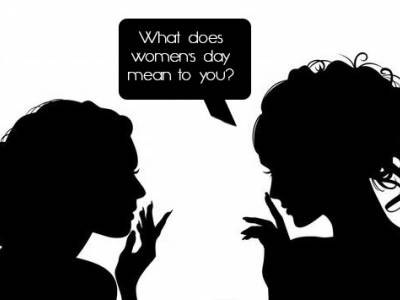

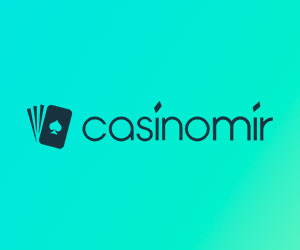
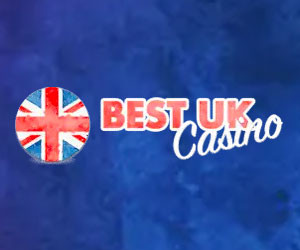
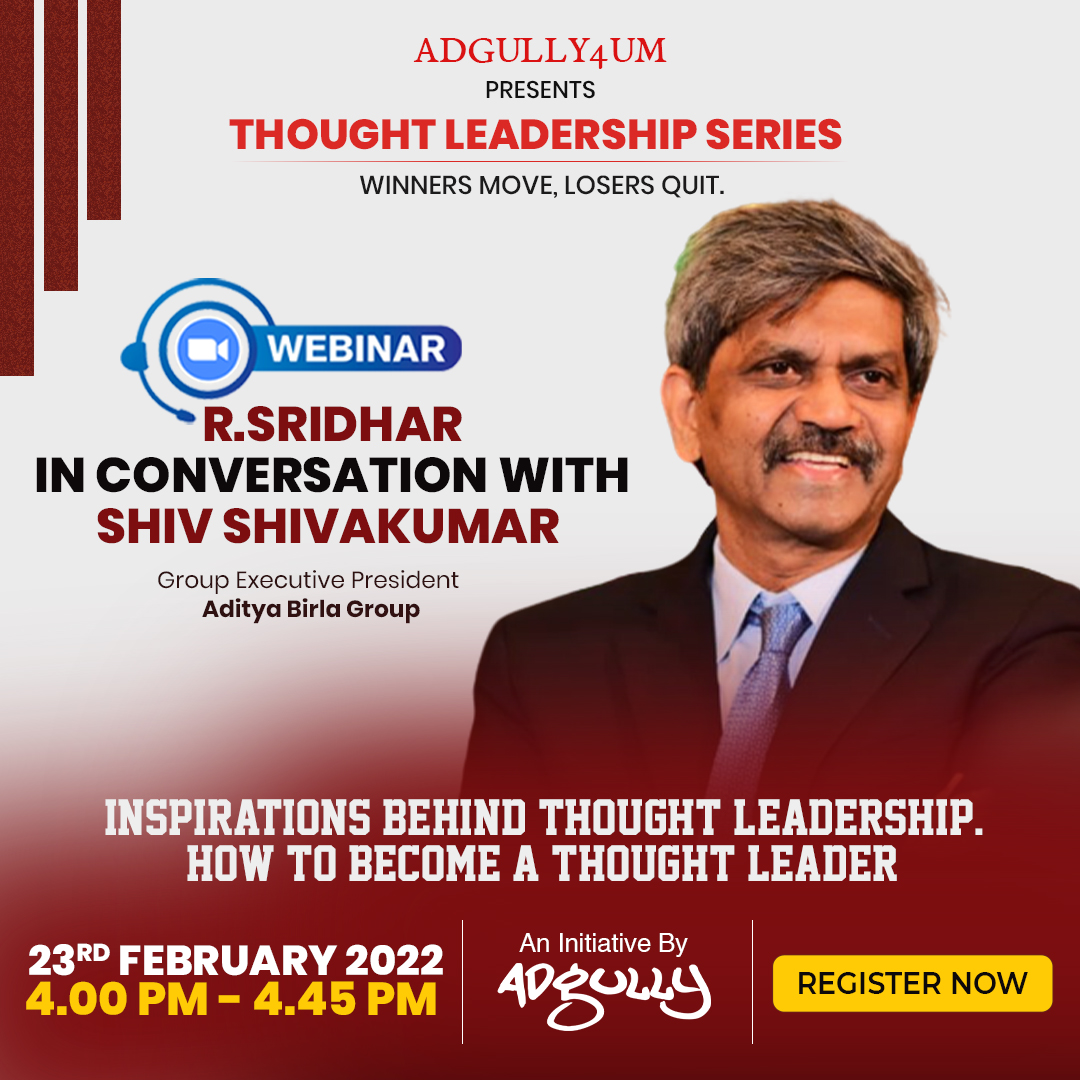
Share
Facebook
YouTube
Tweet
Twitter
LinkedIn